European project to develop cobalt-free EV batteries awarded €11.8M
Green Car Congress
JUNE 24, 2020
The COBRA (CObalt-free Batteries for FutuRe Automotive Applications) project has been awarded a €11.8-million million grant to develop Next Generation Cobalt-free batteries. The project will result in a unique battery system that features superior energy density, low cost, increased cycles and reduced critical materials.

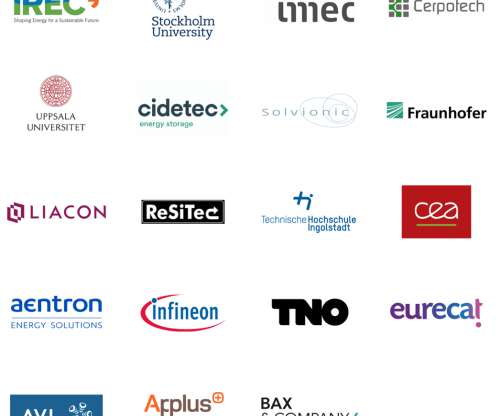
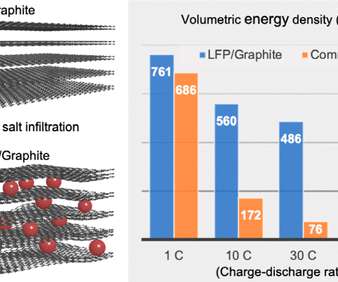
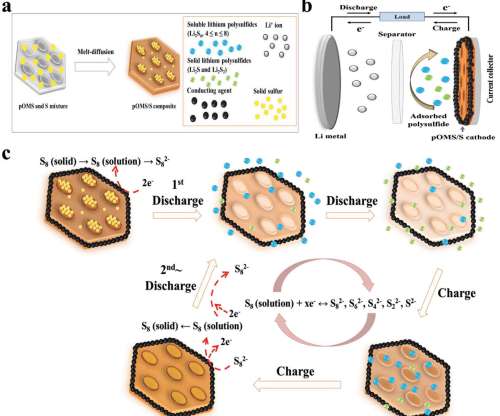
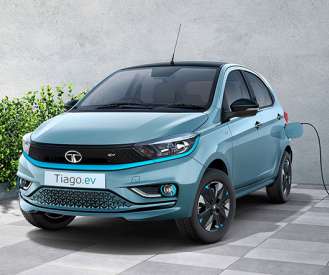
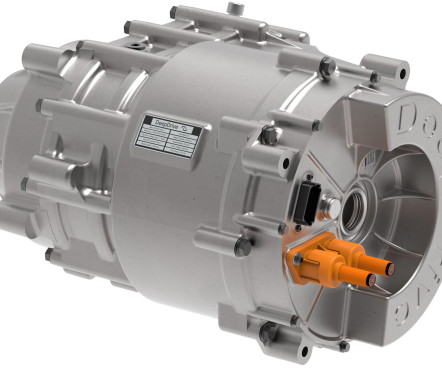




















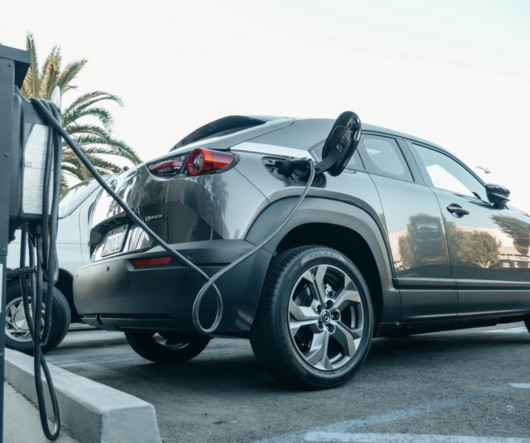






Let's personalize your content